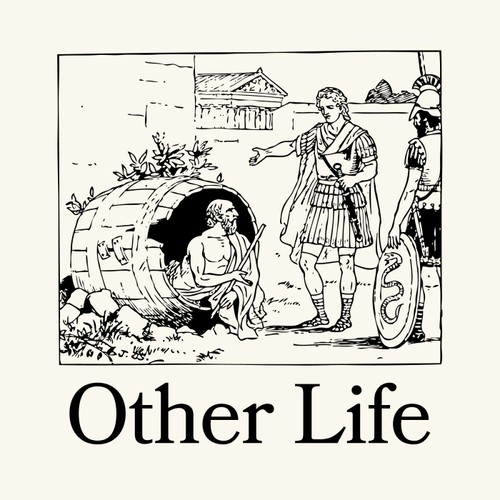
 Other Life
Other Life Markets Learn to Manufacture Intelligence and Politics Modernizes (Nick Land, Meltdown, Sentence 3)
13 snips
May 9, 2025 The discussion dives into how markets are evolving to 'manufacture intelligence,' drawing on ideas from Hayek and Mises. Historical stock markets exemplify this trend. Political modernization is portrayed as an attempt to manage uncontrollable market forces, highlighted through examples like Soviet collectivization and American political paranoia. The implications of AI advancement are also explored, especially regarding calls for governance and oversight, alongside concepts like 'Politically Organized Defensive Systems' in relation to emerging intelligence.
AI Snips
Chapters
Books
Transcript
Episode notes
Markets as Intelligent Systems
- Markets are intelligent systems that synthesize and aggregate decentralized local information.
- This intelligence is technically specifiable, making markets literally smarter than individuals.
Early Amsterdam Stock Market Example
- The earliest stock market in Amsterdam exemplified how prices reflected real-time intelligence like news and rumors.
- Stockbrokers raced to gain knowledge first, showing early market intelligence competition.
Political Reaction to Market Intelligence
- Politics reacts to markets' intelligence by modernizing and increasing paranoia to try to maintain control.
- Political systems struggle to keep pace with dynamic market intelligence, leading to reactive and often desperate attempts to exert control.








